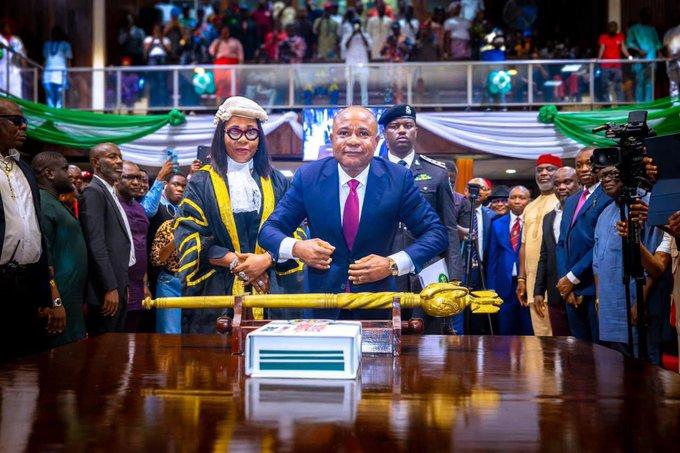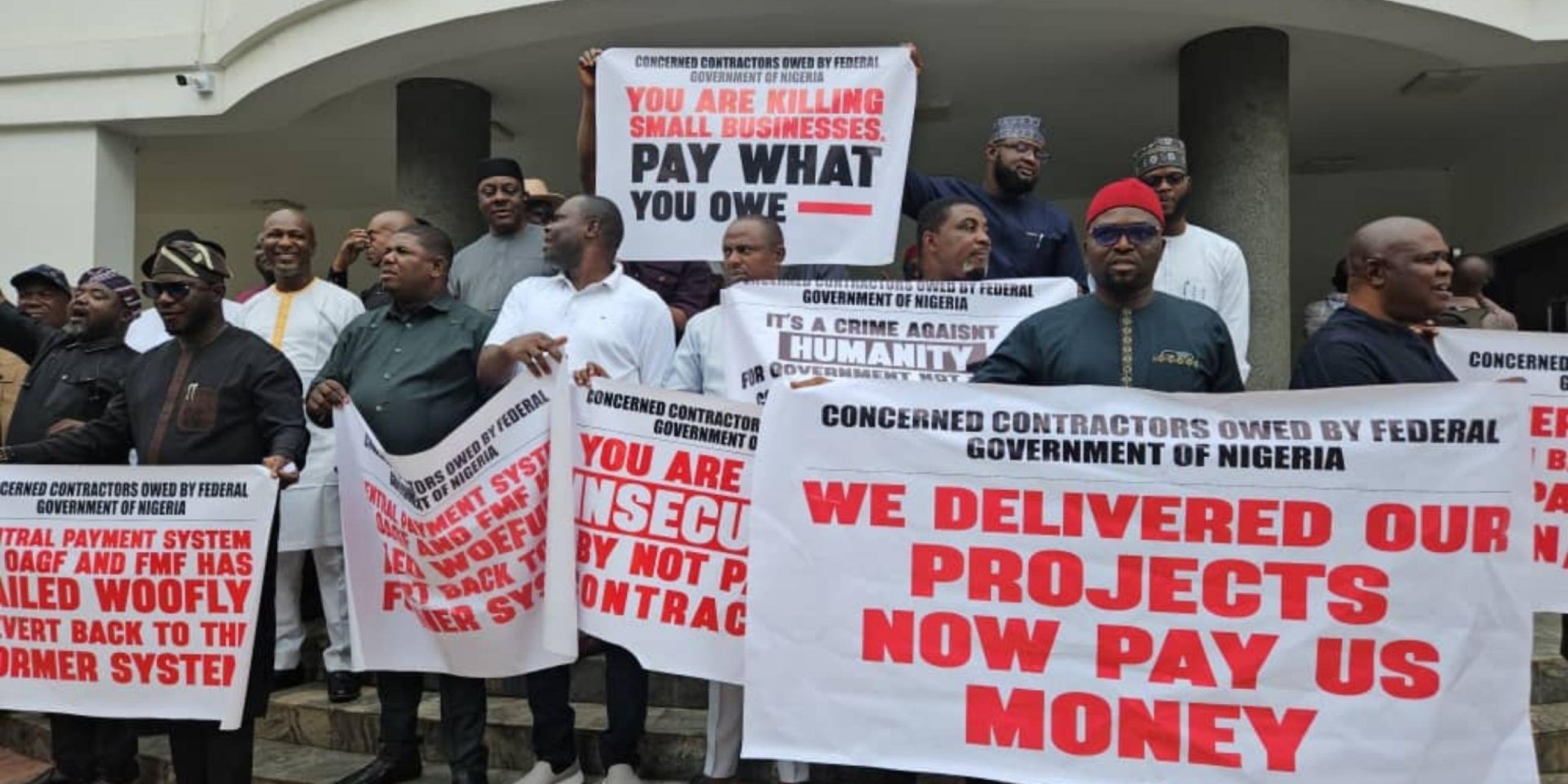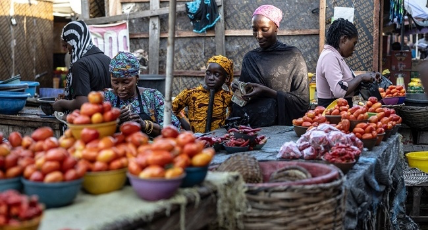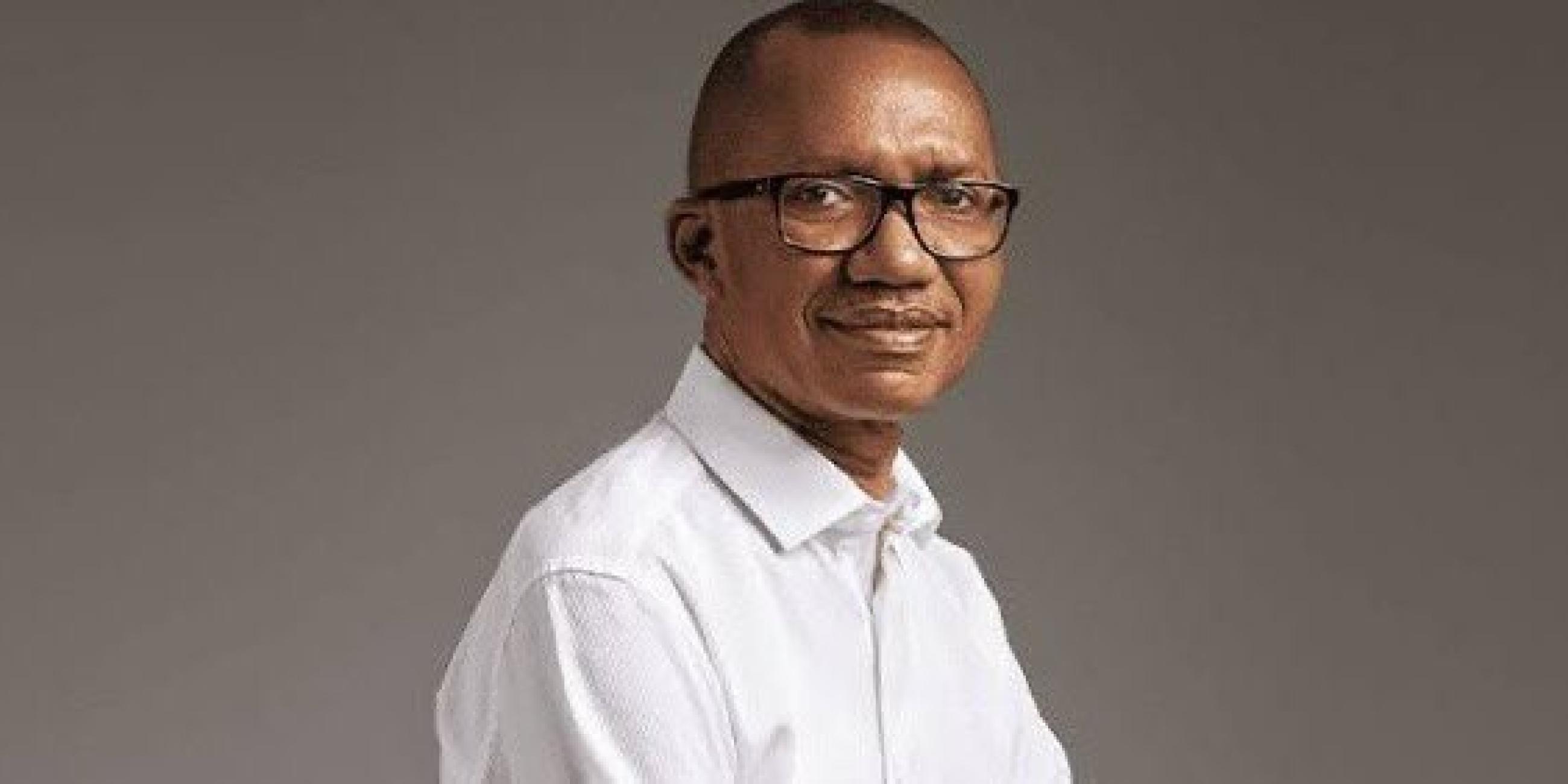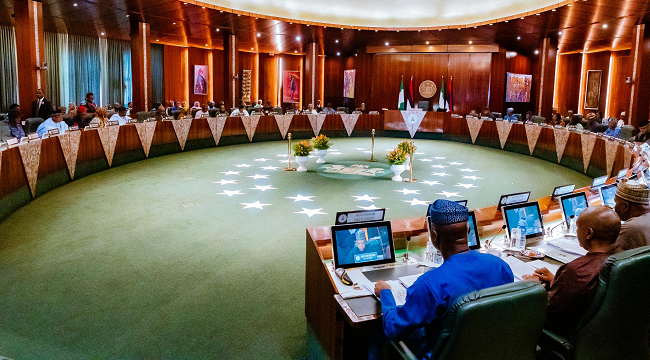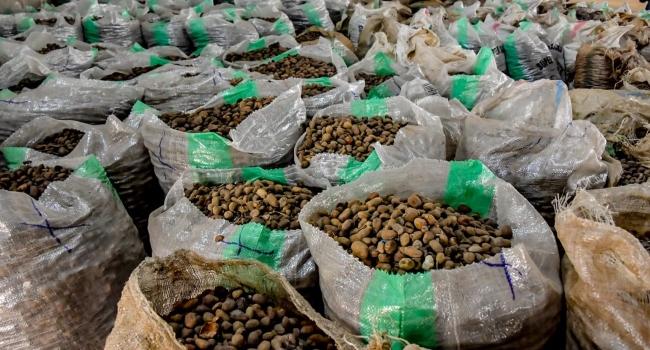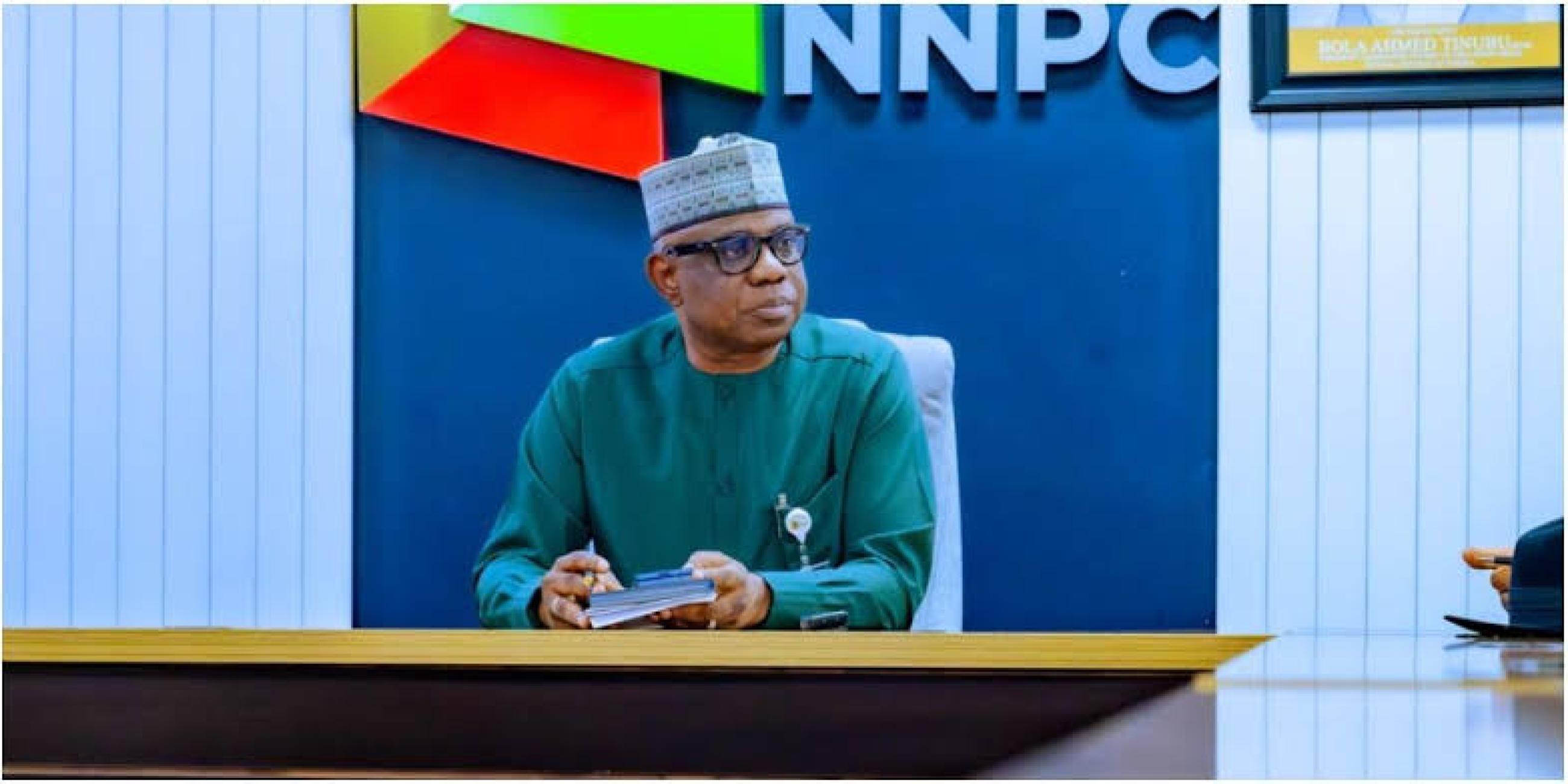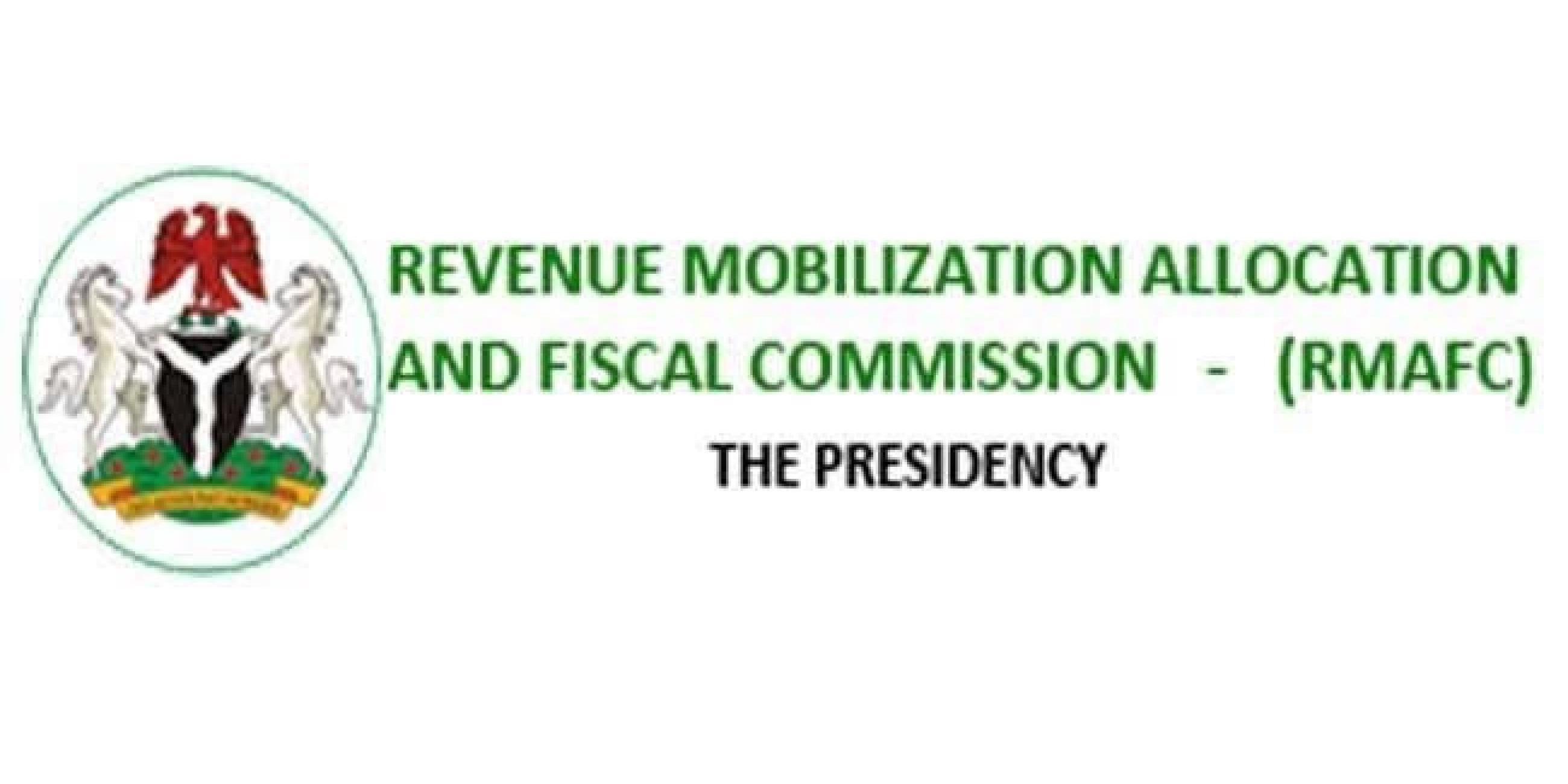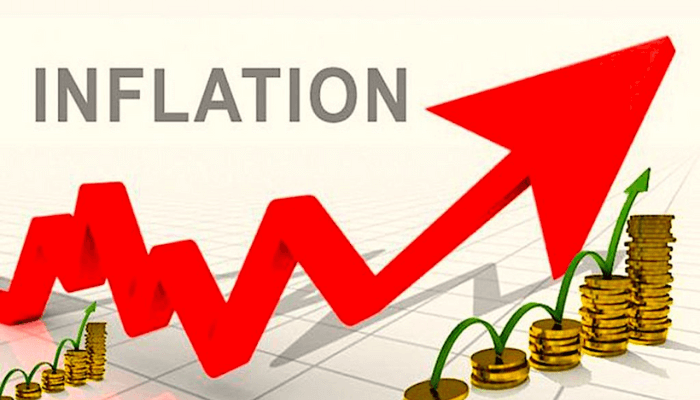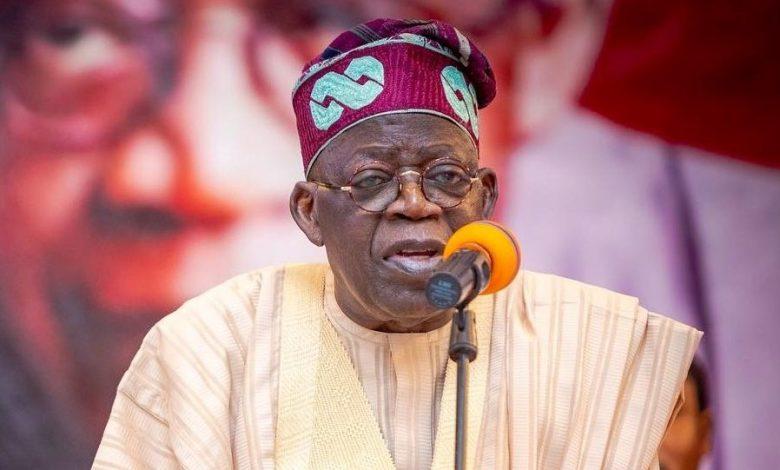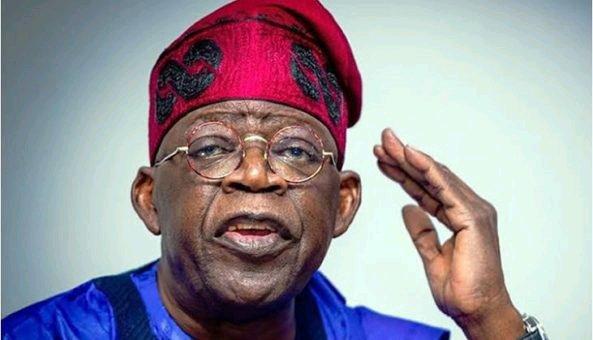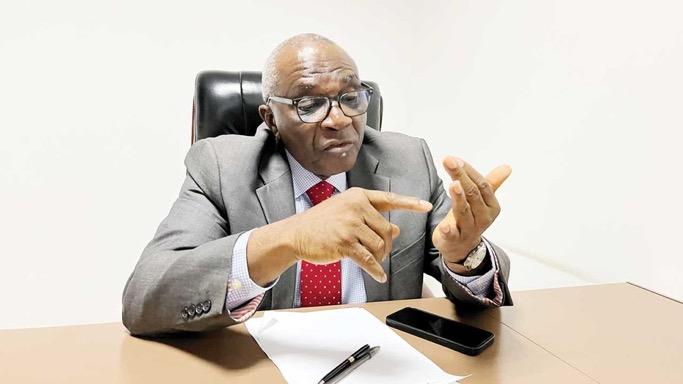FG, States, LGs Share ₦1.928trn November 2025 Revenue
A total sum of ₦1.928 trillion, representing the November 2025 Federation Account Revenue, has been shared among the Federal Government, states, and local government councils.
The revenue was distributed at the December 2025 meeting of the Federation Account Allocation Committee (FAAC), which was held in Abuja.
The allocation reflects funds accrued to the federation account from various revenue sources, including oil and non-oil receipts, and is aimed at supporting the running of government activities at all levels amid ongoing economic challenges.
The FAAC meeting brought together representatives of the Federal Government, state governments, and relevant revenue-generating agencies to deliberate on the disbursement.
#FAAC #NigeriaEconomy #RevenueSharing #PublicFinance
A total sum of ₦1.928 trillion, representing the November 2025 Federation Account Revenue, has been shared among the Federal Government, states, and local government councils.
The revenue was distributed at the December 2025 meeting of the Federation Account Allocation Committee (FAAC), which was held in Abuja.
The allocation reflects funds accrued to the federation account from various revenue sources, including oil and non-oil receipts, and is aimed at supporting the running of government activities at all levels amid ongoing economic challenges.
The FAAC meeting brought together representatives of the Federal Government, state governments, and relevant revenue-generating agencies to deliberate on the disbursement.
#FAAC #NigeriaEconomy #RevenueSharing #PublicFinance
FG, States, LGs Share ₦1.928trn November 2025 Revenue
A total sum of ₦1.928 trillion, representing the November 2025 Federation Account Revenue, has been shared among the Federal Government, states, and local government councils.
The revenue was distributed at the December 2025 meeting of the Federation Account Allocation Committee (FAAC), which was held in Abuja.
The allocation reflects funds accrued to the federation account from various revenue sources, including oil and non-oil receipts, and is aimed at supporting the running of government activities at all levels amid ongoing economic challenges.
The FAAC meeting brought together representatives of the Federal Government, state governments, and relevant revenue-generating agencies to deliberate on the disbursement.
#FAAC #NigeriaEconomy #RevenueSharing #PublicFinance
0 Commenti
·0 condivisioni
·326 Views




